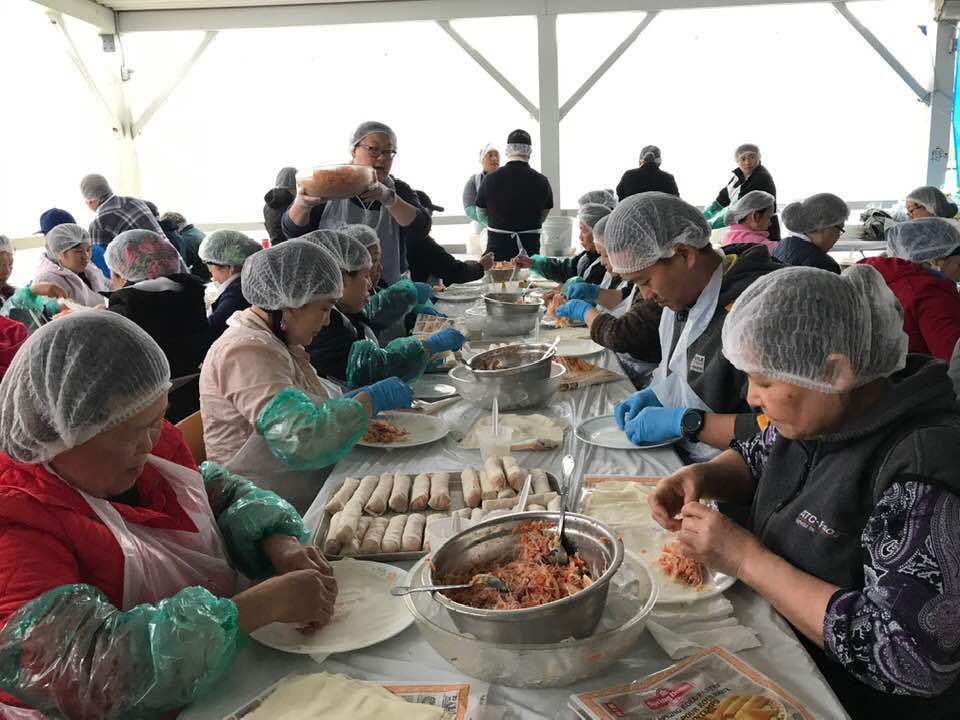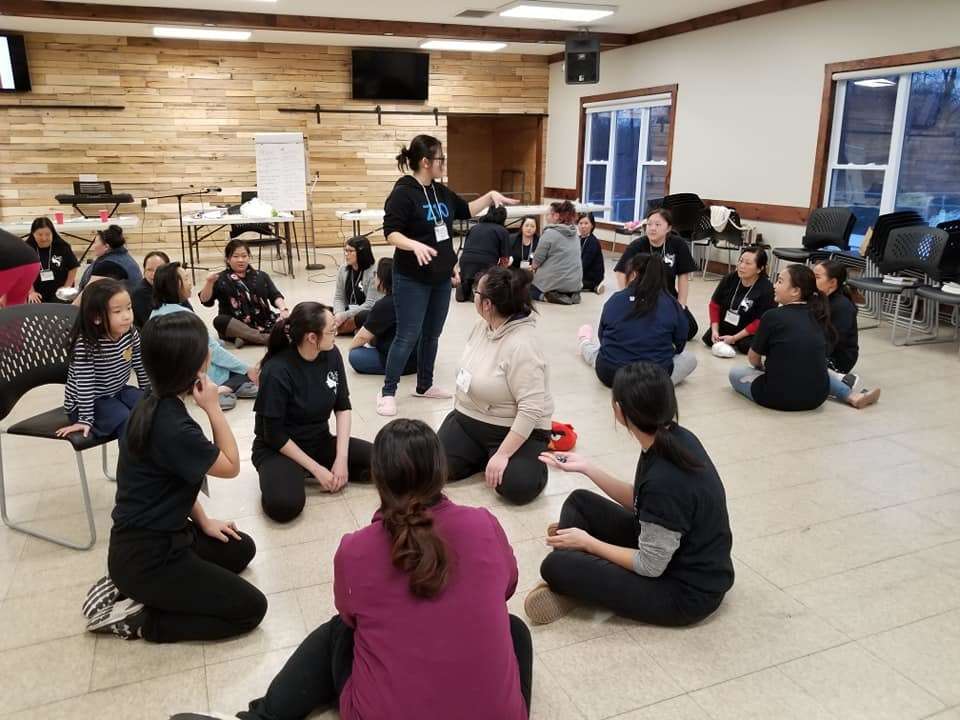January 25thInterculturalism and Expectations
Discovery at the Crossways Between Cultures
 Expectations. We all have them. We have expectations of others and we have expectations placed on us. Meeting expectations can be especially conflicting when growing up navigating between different cultures.
Expectations. We all have them. We have expectations of others and we have expectations placed on us. Meeting expectations can be especially conflicting when growing up navigating between different cultures.
I was born in Canada and have lived here my whole life. I was also born to Hmong parents so subsequently I have been Hmong my whole life. Additionally, I grew up in a Mennonite church, attended a Mennonite high school and university and now work for a Mennonite organization. So I also consider myself Mennonite as well. Wow, talk about embodying a mishmash of different cultures!
Being intercultural is something that all Canadians/North Americans are immersed in. One definition that I found from the Spring Institute defines intercultural as “communities in which there is a deep understanding and respect for all cultures. Intercultural communication focuses on the mutual exchange of ideas and cultural norms and the development of deep relationships.”
“Living up to expectations is already hard enough but what do we do when the different cultures we are a part of expect us to act differently?” - Mollee Moua
 Now, how do interculturalism and expectations intersect? One intersection lies at the crossways between our inherited culture and the western Canadian culture we are living in. For example, in the Asian culture there is preference for submission or obedience, a strong sense of group harmony and being more reserved. Whereas the western Canadian culture encourages self-expression, equality and telling the truth even in difficult situations. Living up to expectations is already hard enough but what do we do when the different cultures we are a part of expect us to act differently? How do we respect both cultures?
Now, how do interculturalism and expectations intersect? One intersection lies at the crossways between our inherited culture and the western Canadian culture we are living in. For example, in the Asian culture there is preference for submission or obedience, a strong sense of group harmony and being more reserved. Whereas the western Canadian culture encourages self-expression, equality and telling the truth even in difficult situations. Living up to expectations is already hard enough but what do we do when the different cultures we are a part of expect us to act differently? How do we respect both cultures?
Just like when we approach an intersection with caution when driving, we should also approach different cultural expectations with care. Sometimes when we rush in too quickly we can cause accidents i.e. miscommunication leading to unnecessary conflict. For example, in a church council or board meeting if there is a concern about something that has not yet been raised, my Asian cultural preference would be to remain quiet and not voice my concern whereas my western Canadian cultural side would encourage me to speak even if it might cause some debate. Before speaking or choosing what to do I first need to consider a few things:
Developing deep understanding, respect and relationships with other cultures begins with accepting and figuring out our own cultural battles within ourselves.
 What is at stake? I need to decide if this is something that is worthwhile for me to bring up or if is this something that I can let go. I need to be wise in choosing my battles. Sometimes choosing to be silent to keep the peace now can be beneficial so I do not appear as a disruptive and disobedient person. This way when I do voice a concern or issue I am taken more seriously.
What is at stake? I need to decide if this is something that is worthwhile for me to bring up or if is this something that I can let go. I need to be wise in choosing my battles. Sometimes choosing to be silent to keep the peace now can be beneficial so I do not appear as a disruptive and disobedient person. This way when I do voice a concern or issue I am taken more seriously.
Who is present? Word choice is an important consideration when dealing with people from both the first and second generation. The way I would address and speak to those in the first generation is quite different from those in the second generation. My explanation might need to differ for those in the first generation because the way they process and understand things are also quite different.
Being intercultural means respecting all cultures of all peoples of all ages. Developing deep understanding, respect and relationships with other cultures begins with accepting and figuring out our own cultural battles within ourselves.
- Mollee Moua
Mollee provides support to the mission office in MCEC. She is Worship Elder at First Hmong Mennonite Church.